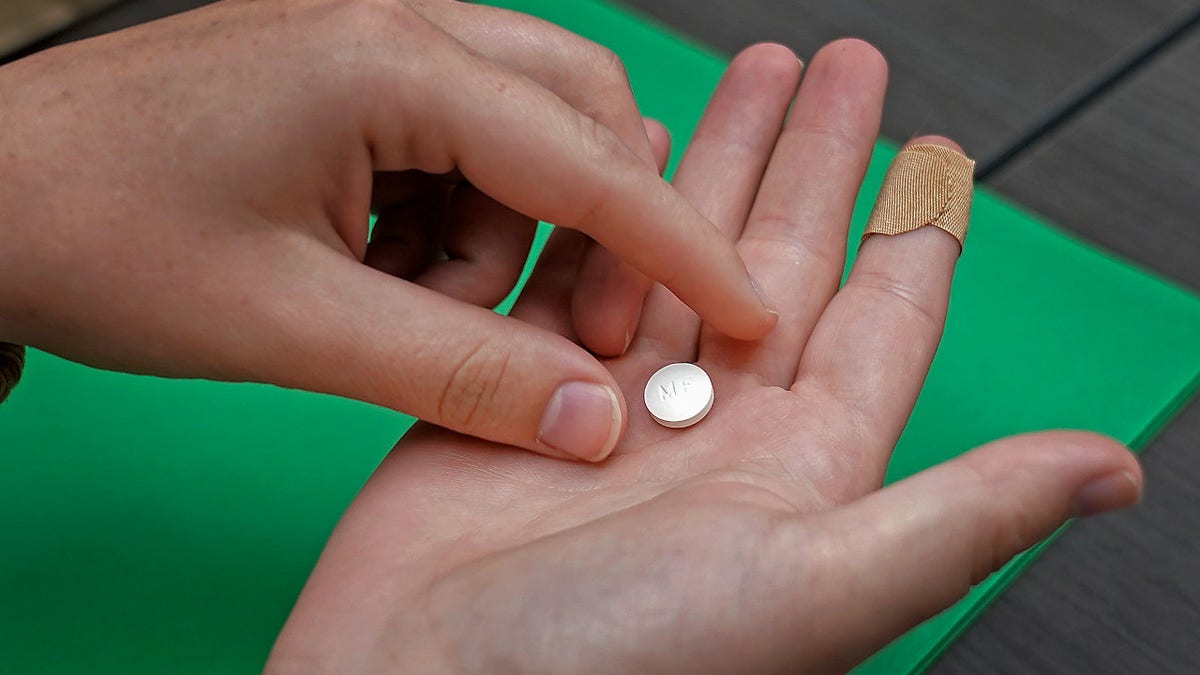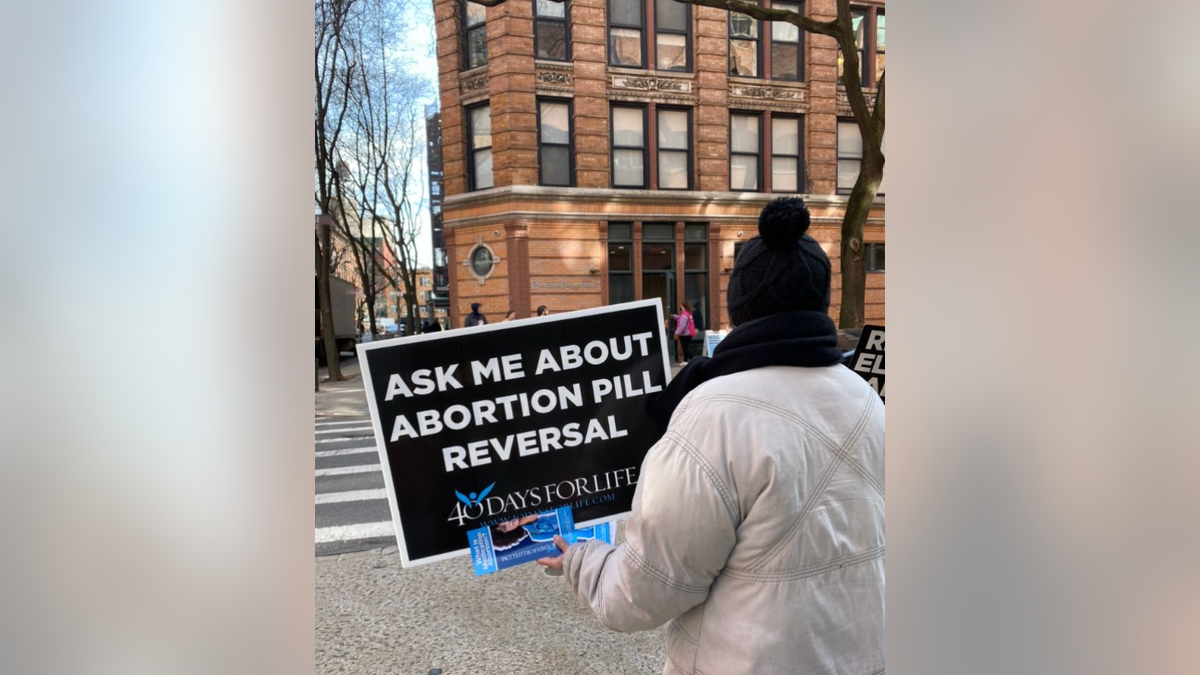A recent study published in the BMJ Sexual & Reproductive Health journal has shed light on the often underestimated pain associated with chemical abortions. The research, conducted in the United Kingdom, surveyed women about their pain experiences after taking abortion pills. Surprisingly, about half of the participants reported experiencing significantly more pain than anticipated.
Using a pain scale of 1 to 10, the vast majority (92%) of respondents rated their pain at least a 4, with over 40% describing it as severe (8-10). This is notable considering that chemical abortions, involving a two-drug regimen of mifepristone and misoprostol, are the most prevalent abortion method in the US, accounting for over 60% of all abortions nationally, according to the Guttmacher Institute.

The survey included nearly 1,600 women, primarily aged 20 to 39, with about half having no prior births. While two-thirds indicated they'd choose medication abortion again, a significant 13% said they'd opt for surgical abortion next time, mainly due to the intense pain experienced.
While some women's pain was comparable to period cramps, others described it as far worse than expected, feeling that the severity had been downplayed or misrepresented by healthcare providers. Some even likened the pain to labor contractions, drawing comparisons to childbirth experiences.

The study's authors emphasized the need for clear and realistic information about potential pain levels to ensure informed consent and enable women to make well-prepared decisions about abortion methods. Lead author Hannah McCulloh stressed the importance of accurate information for patient choice, highlighting that medical abortion is a safe and effective option when chosen with full awareness of potential side effects. This research has prompted the creation of updated patient materials and additional staff training to address this issue.
Pro-life advocate Abby Johnson, a former Planned Parenthood director, believes this study exposes an often overlooked aspect of chemical abortions. She expressed hope that this research will empower women with a more complete understanding of the procedure and its potential effects.

Approved for use in the US since 2000, the abortion pill is administered within the first 10 weeks of pregnancy. Recently, the Supreme Court upheld access to the abortion pill, ruling against a challenge to the FDA's approval process for mifepristone.









